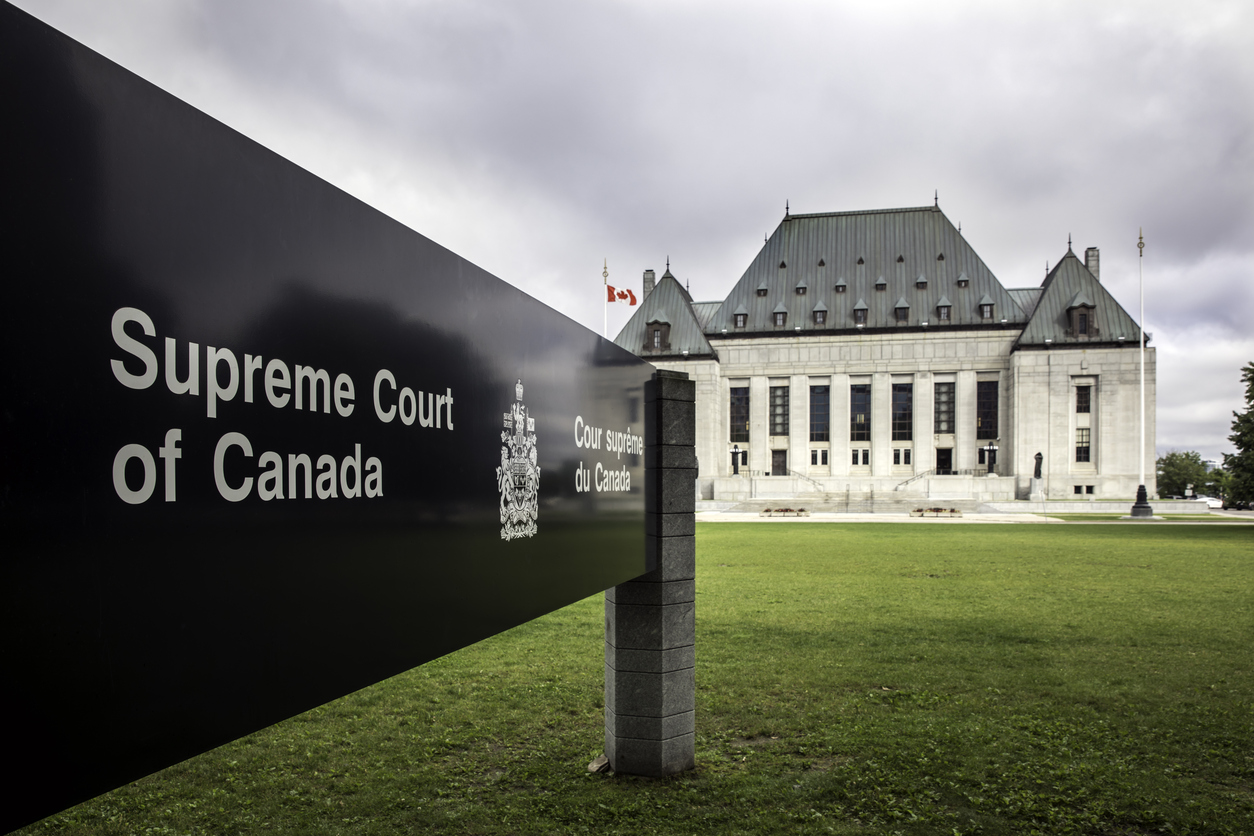
6-minute read
Ontario vs. Quebec: Whose Public Finances Are Worse?
For decades, Quebec has been known for its rotten public finances: recurrent deficits, lots of spending, and high taxes. But the provincial budgets tabled this spring by the governments of both Quebec and Ontario suggest that the latter province is now competing for the top prize in terms of financial recklessness.

8-minute read
Innovative Drugs: A Bureaucratic Obstacle Course
Innovative drugs help people enjoy longer, healthier, more productive lives. They also allow our health care systems to save money. However, the reimbursement of new drugs by Canada’s public plans can face considerable delays due to a very burdensome regulatory process. Far from resolving this problem, a new reform will duplicate certain stages of this process and possibly lengthen it.

7-minute read
It’s Time to End Med School Quotas
Quebec’s Health Minister announced a reduction in the number of medical school admissions last year in order to keep doctors from ending up unemployed in the future. And yet, one in five Quebecers still does not have a family doctor, and proportionally, Quebec has fewer doctors than most industrialized countries. Is this government control over access to medical training the best way to meet Quebecers’ health care needs?

8-minute read
Maple Syrup: Quebec Is Hurting Its Producers and Encouraging Its Competitors
Each new sugaring-off season brings its share of controversies, with stories about seizures of syrup from producers making headlines. The rules that apply to Quebec maple syrup producers are indeed very restrictive, in addition to stimulating the growth of their competitors in neighbouring provinces and U.S. states.

7-minute read
Does Economic Growth Benefit the Poor?
Is it true that economic growth only benefits a small, privileged elite? This seems to be the belief of certain groups that regularly denounce a “crisis of inequality” in many countries, including Canada. Yet this perspective, which considers wealth creation to be a zero-sum game in which the poorest are prisoners of their economic circumstances, is simply mistaken.

8-minute read
Health and Education: Spending Has Continued to Grow
In November 2017, Quebec announced a $1.1-billion personal income tax reduction. Some argued then that the reason the government could afford to reduce the tax burden was that it had reduced spending on health and education, and that these sectors had been starved by years of successive cuts. However, both health care spending and education spending have increased considerably in recent years.

7-minute read
Quebec Is Still a Corporate Subsidy Champion
Even though corporate subsidies have often been criticized for their undesirable economic effects and for discriminating in favour of certain sectors or companies, they continue to be very present in the Quebec economy. Quebec pays out twice as much in corporate subsidies as Ontario, proportional to the size of its economy. This policy does not make Quebecers richer.

7-minute read
Viewpoint – The Comeau Case: The End of Provincial Trade Barriers?
The Canadian federation was founded in 1867 in part to ensure a common, unified market across the country. This ideal is enshrined in Section 121 of the Constitution. Yet while substantial trade does take place between the provinces, the dream of a truly unified market remains elusive. An important case about to be heard by the Supreme Court of Canada, though, may help bring down the barriers the provinces have erected to restrict trade over the years.

7-minute read
Viewpoint – Access to Medication: Preserving a Fragile Balance
While Health Canada is preparing to completely change the way maximum prices for new drugs are established, it seems that little attention is being paid to the impact of this kind of public policy on the availability of new drugs. Yet similar policies are responsible for quite unenviable situations in certain countries.

12-minute read
Wireless Services: Should Regulation Favour Resellers?
The Canadian government and the CRTC have adopted various policies over the past decade aimed at increasing the number of players in the wireless sector. Although such policies have had several negative consequences, there is today a well-established fourth wireless provider, owning its own infrastructure, in almost all regions of the country. Ottawa now wants to push this interventionist logic even further by favouring resellers (called Mobile Virtual Network Operators, or MVNOs, in telecom jargon). Would such a policy bring more competition to the telecommunications industry and the intended benefits to consumers?

